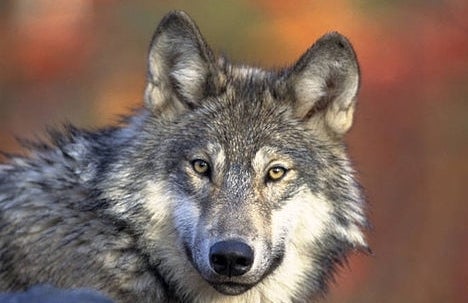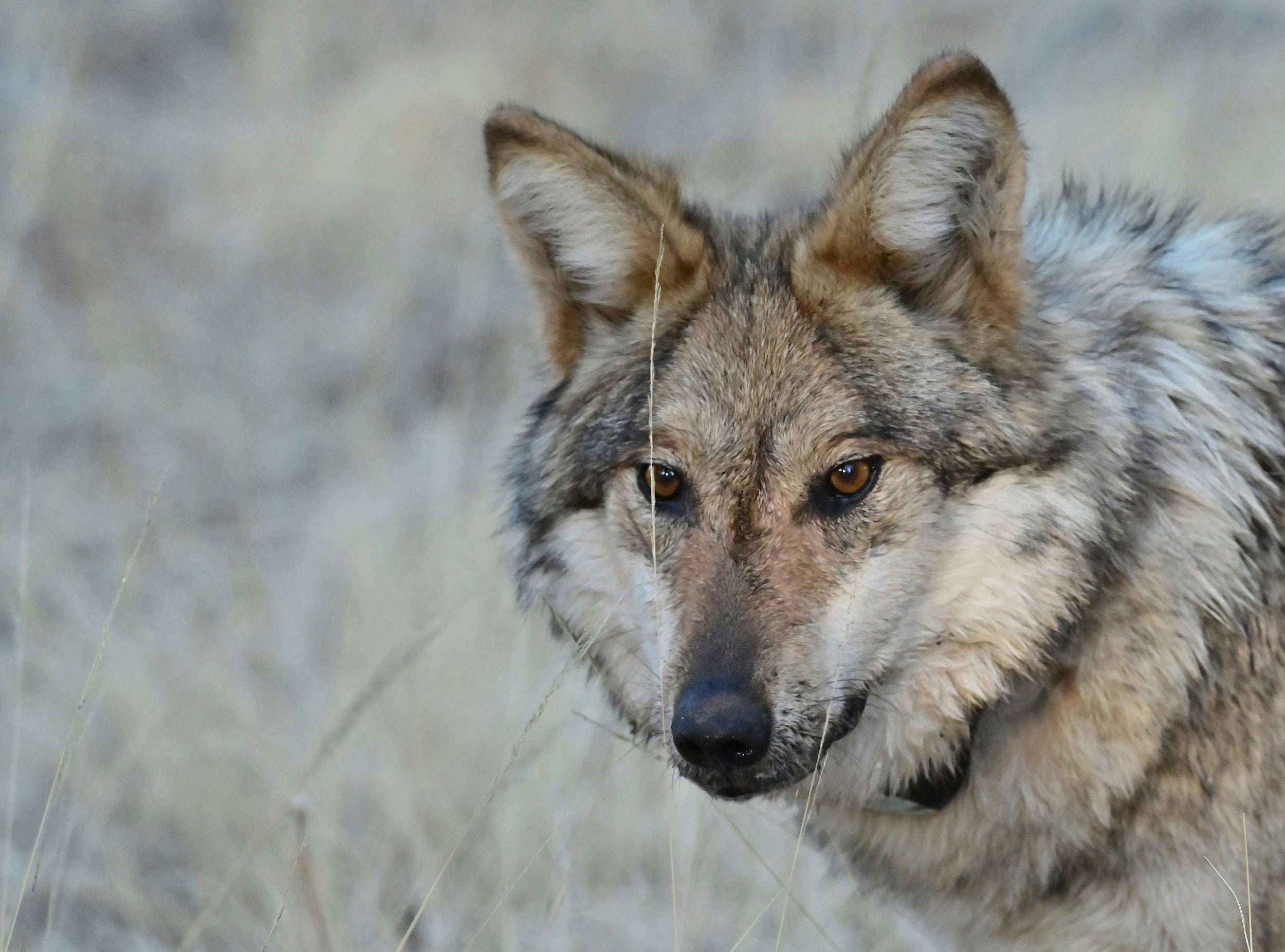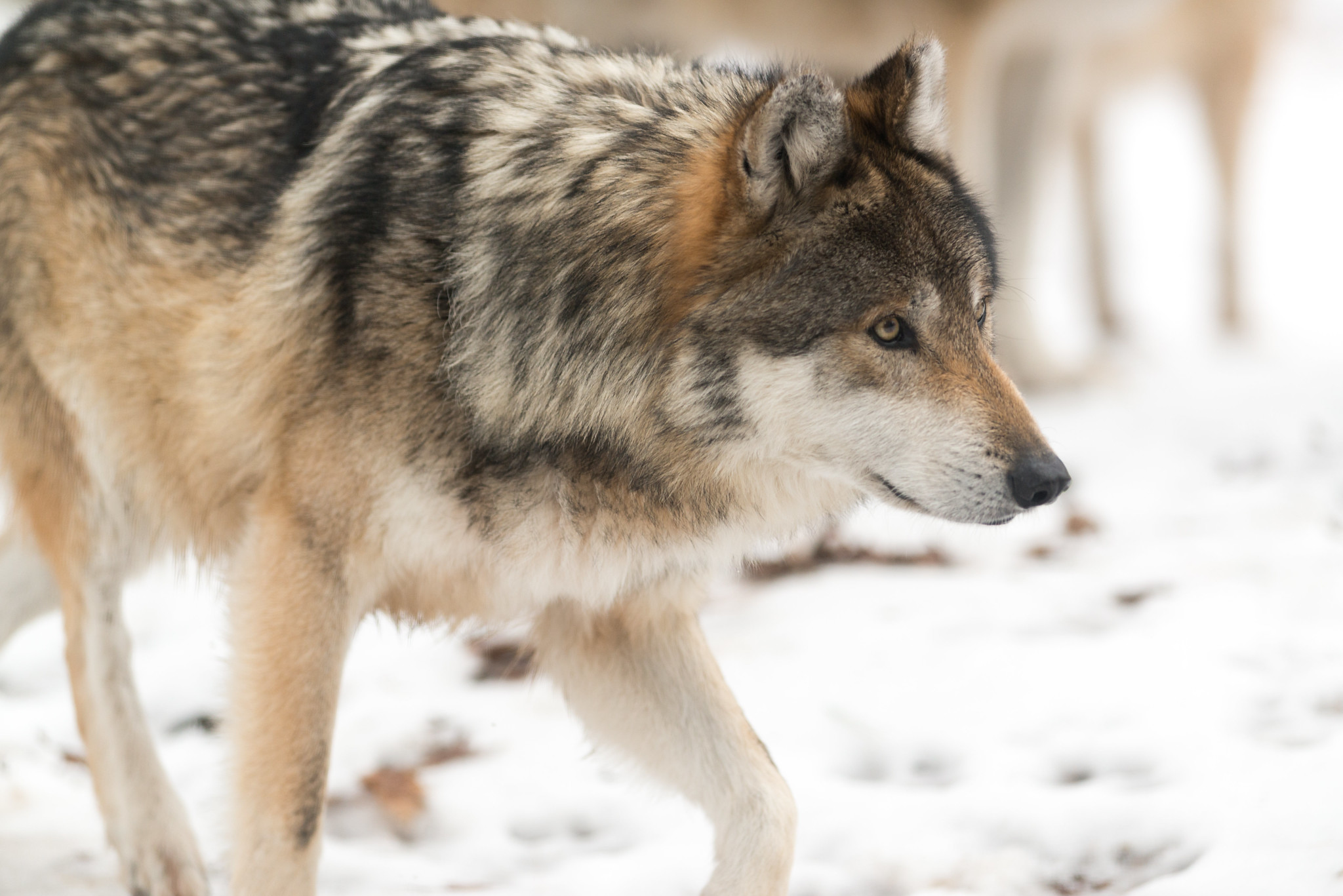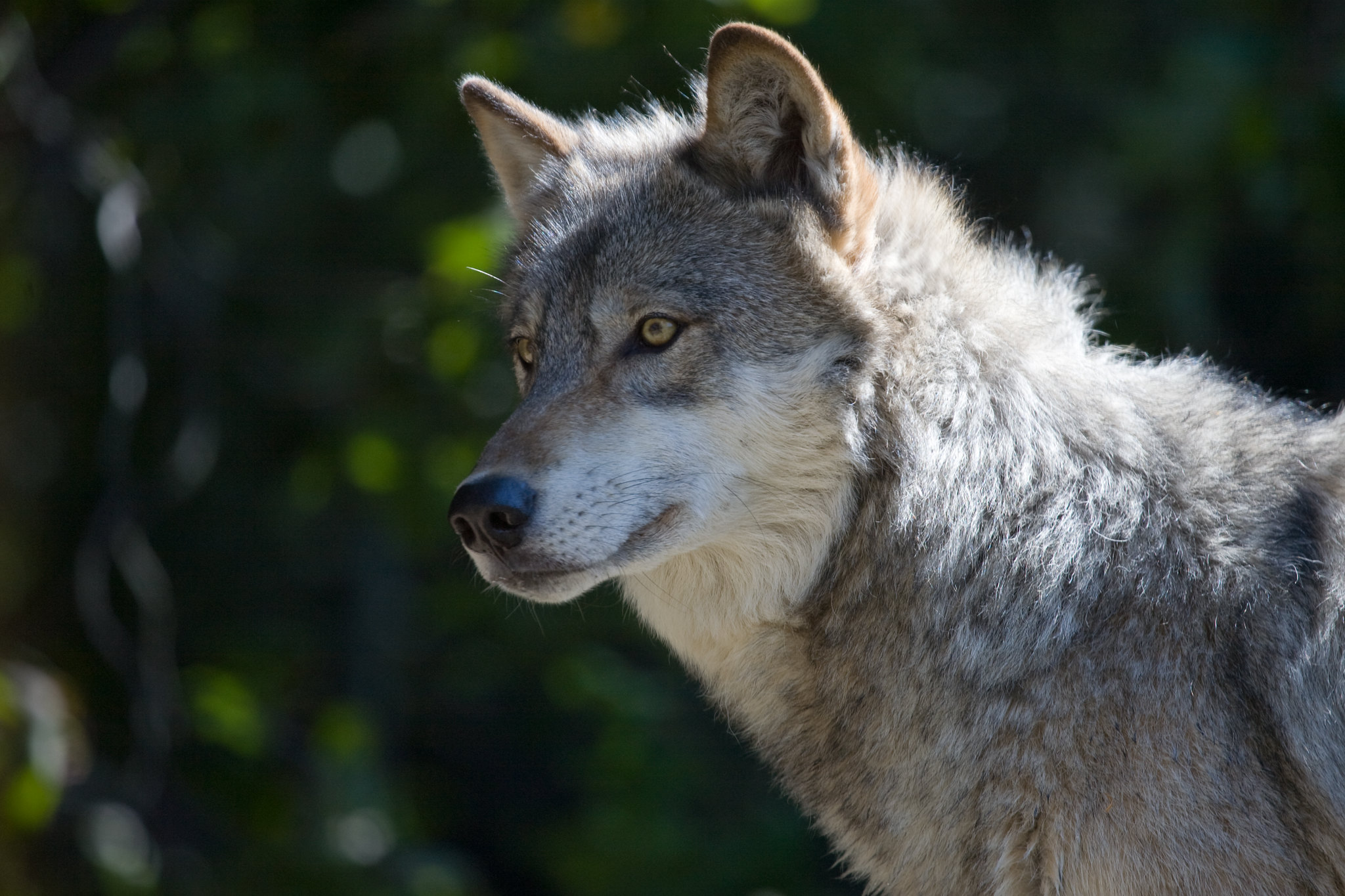Federal authorities are investigating a former state conservation warden for killing a wolf last month in northern Wisconsin.
Chief Deputy Andy Runice with the Bayfield County Sheriff’s Office said authorities received a call around 2 a.m. on Dec. 25 from Pat Quaintance, who said he had shot a collared wolf at his home in Bayfield.
The incident is under investigation by the U.S. Fish and Wildlife Service. Runice said Bayfield County is working in cooperation with federal authorities and the Wisconsin Department of Natural Resources.
Runice declined to comment on what happened just before the shooting, saying that’s part of the ongoing investigation.
“Our deputies responded to that residence. They located the wolf and took possession of it,” Runice said. “Then, they later released (the wolf’s body) to a conservation game warden with the DNR.”
Runice said he’s unaware if there have been other incidents involving wolves at the Quaintance residence. He said county law enforcement occasionally receive complaints of wolves harassing livestock. Runice said it’s very rare to receive a complaint of an animal attack.
“As far as wolves, I don’t really remember anybody ever complaining that there was an attack or or it chased after anybody or anything like that,” Runice said.
In 2022, a federal court ruling restored federal protections for the gray wolf after the Trump administration had removed the animal from the endangered species list in 2021. It’s illegal to kill a wolf except when defending a human life while the animal is listed as an endangered species, according to the DNR.
People who illegally kill an endangered species can face a maximum of one year in prison and up to a $100,000 fine. Organizations can face up to a $200,000 fine.
When reached by phone Thursday, Quaintance said he couldn’t talk at the moment, and the line disconnected.

Quaintance is president of the Wisconsin Association of Sporting Dogs and he’s a former president of the Wisconsin Wildlife Federation. He also served as an alternate member on the DNR’s wolf management plan committee. Quaintance has been a vocal supporter of controlling the state’s wolf population. The Wisconsin Examiner reported he’s been cited twice for trapping violations, but one charge was eventually dismissed.
Just a week before the Dec. 25 incident, Quaintance told lawmakers in a Senate sporting heritage committee hearing that he had shared photos of wolves around his home with USDA Wildlife Services.
“We found wolves are getting closer and closer and closer within 100 yards of my house,” Quaintance told the committee.
In October, Quaintance testified before the Natural Resources Board on the DNR’s revised wolf management plan. He told board members he didn’t feel safe walking his dogs on his property. Quaintance said he worked to protect wolves for many years, saying nobody wants to eliminate the animal from the landscape.
“What we want to do is see the wolves managed, and we want to see them managed in a proper way,” he told the board.
The animal’s population has grown to nearly 1,000 wolves and appears to be stabilizing, according to the DNR.
Quaintance has said wolf attacks on livestock or hounds wouldn’t be a problem if the population was brought down to 350 to 400 wolves.
DNR data shows a tiny fraction of Wisconsin’s more than 64,000 farms have been affected by wolf depredations. Only 18 farms were affected during the most recent monitoring period. The Milwaukee Journal Sentinel reported that’s the lowest number of farms with wolf conflicts in 15 years. The Associated Press reported last fall that the DNR had recorded 67 confirmed or probable wolf attacks on domestic animals by late October, up from 49 in 2022.
News with a little more humanity
WPR’s “Wisconsin Today” newsletter keeps you connected to the state you love without feeling overwhelmed. No paywall. No agenda. No corporate filter.
Wisconsin Public Radio, © Copyright 2026, Board of Regents of the University of Wisconsin System and Wisconsin Educational Communications Board.





